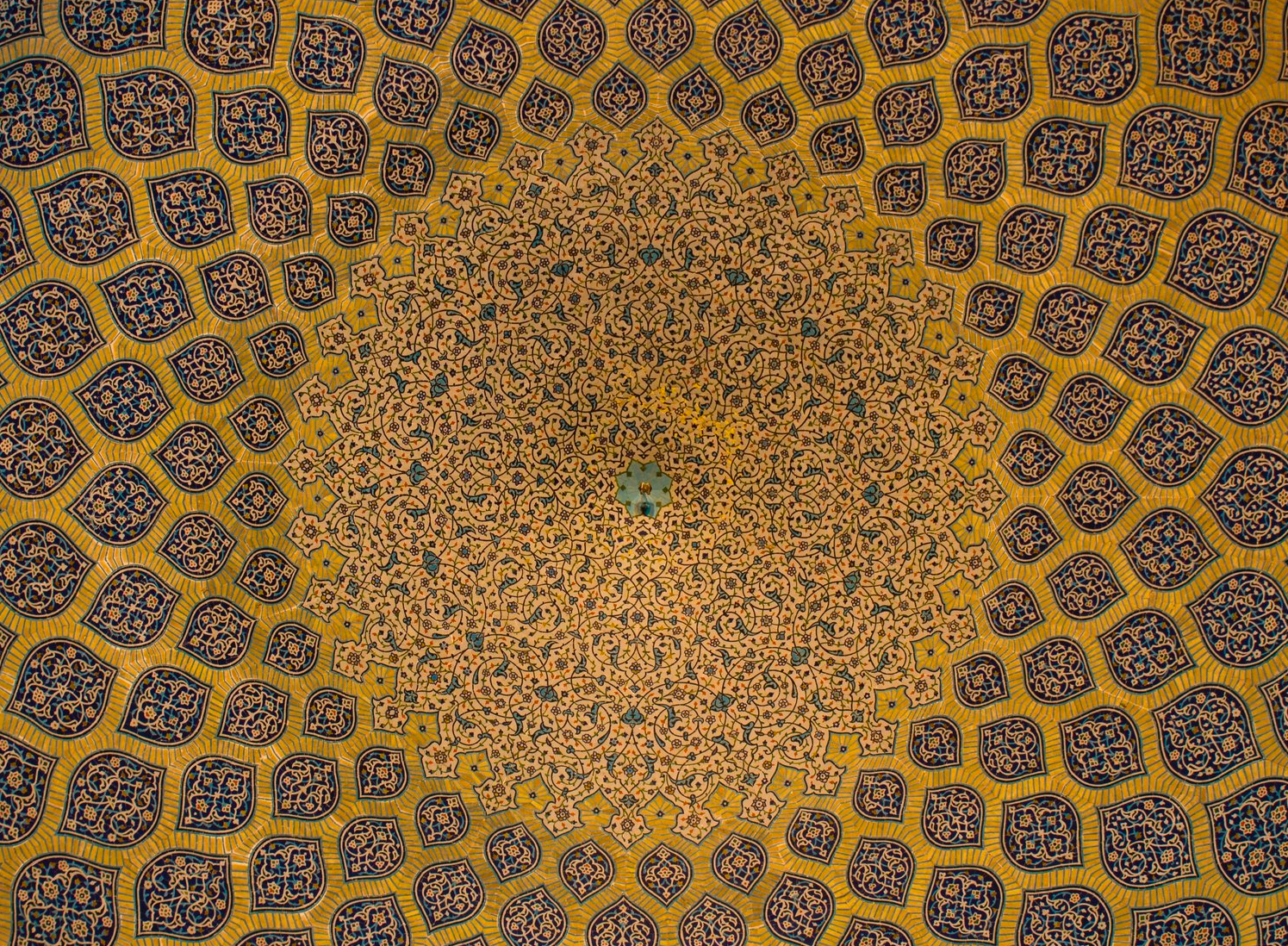Become a member
Get the latest research, news & events on topics and regions that interest you.
Register



Iraq has been grappling with political insecurity since the last legislative elections held in October 2021, which saw the victory of the Sadrist Movement, led by Moqtada Al-Sadr. The Council of Representatives proved unable to form a coalition for nearly a year, leading to a political gridlock that only came to an end with the appointment of Mohammed Shia' Al Sudani as Prime Minister in October 2022.
Since taking office, Al Sudani has demonstrated a skilful ability to navigate the variable alliances that Iraq relies upon for achieving security. He has sought to strengthen relations with the Gulf states while maintaining close relations with Iran. Al Sudani is notably working on resuming the Tehran-Riyadh negotiations, five rounds of which have already taken place in Baghdad over the course of the past two years, in the hope of reaching a normalisation agreement between the two primary opponents of the region. While deepening ties with Iran, Al Sudani has also reiterated his continued support for the presence of US troops in Iraq to help to combat the remaining presence of ISIS.
The Prime Minister has also vowed to combat rampant corruption and enhance the living conditions of the Iraqi people, notably by adopting economic reforms to create new jobs. To do so, he is seeking to strengthen economic cooperation with allies in the West and among the Gulf states. On 26 January, Al Sudani paid an official visit to Paris where he met with French President Emmanuel Macron at the Elysee Presidential Palace. During the visit, France and Iraq signed a range of economic agreements, especially in the energy and public transportation sectors. A further agreement was signed to deepen cooperation in anti-corruption, security, renewable energy and culture.
A key area of cooperation includes the French company TotalEnergies in projects involving solar energy and natural gas. This takes on particular significance in the wider context of Iraq-Gulf relations. On the day of Al Sudani’s visit to Paris,Reuters revealed that Qatar is currently negotiating to acquire a stake in TotalEnergies’ projects in Iraq via its national company QatarEnergy. While such a move would help Baghdad to halt the exodus of Western companies out of the country owing to insufficient return on investment, it may also be regarded by the Gulf states as a positive step towards countering Tehran’s influence in the country.
On the sidelines of the World Economic Forum in Davos in mid-January, the Iraqi Foreign minister Fuad Hussein also met with his Saudi counterpart Prince Faisal bin Farhan bin Abdullah Al Saud to discuss the possible avenues to further cooperation as well as the ways to maintain stability in the region. On 2 February, the two senior officials met again in the context of Al Saud’s official visit to the Iraqi capital. During a press conference held during the visit, Al Saud stressed that the bilateral economic ties were being significantly strengthened. As for Hussein, he insisted on the importance of deepened cooperation with Riyadh to ensure the stability of the region as a whole. Al Saud also praised the efforts of the new Iraqi government to address the many challenges the country is facing and said that Saudi Arabia supports “the Iraqi government’s effort to enhance stability,” emphasising that stability is a crucial pre-requisite to prosperity.
Stability in Iraq is a regional and global concern. Increased cooperation between EU and GCC states in supporting Iraq will be essential for ensuring stability and security. While Iran continues to assert influence in Iraq, this influence is malignant and less concerned with Iraq’s stability. Efforts between the EU and GCC to support Iraq will go a long way to offset Iran’s destabilising influence.

Get the latest research, news & events on topics and regions that interest you.
RegisterAlready a member ? Log in
Privacy PolicyGet the latest research, news & events on topics and regions that interest you.
Not a member ? Subscribe
Get the latest research, news & events on topics and regions that interest you.
Alreday a member ? Log in
Privacy PolicyEnter your email below to recover your password
Thank you, you will receive an email to change your password
Your password is now updated